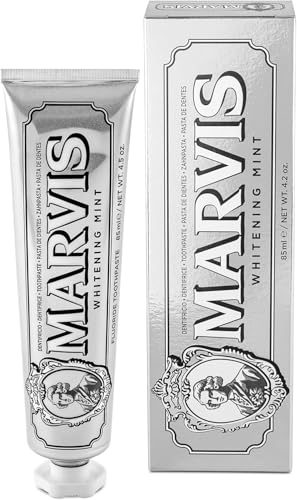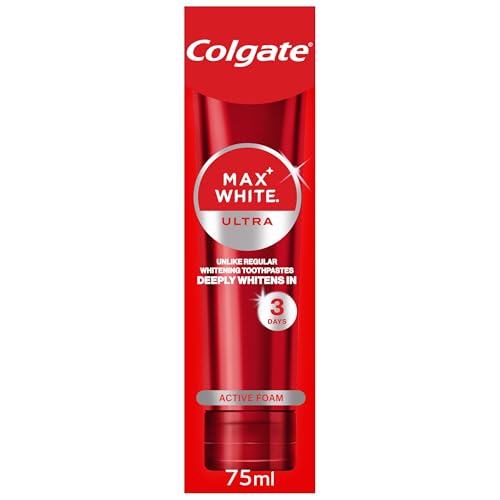Understanding Whitening Toothpaste: What It Is and How It Works
What is Whitening Toothpaste?
Whitening toothpaste is a type of dental care product designed to remove stains and discolouration from teeth, helping to restore a brighter, more radiant smile. Unlike regular toothpaste, which primarily focuses on cleaning and freshening breath, whitening toothpaste contains specific ingredients that target surface stains and promote a whiter appearance. This is particularly beneficial for individuals who consume foods and beverages known to stain teeth, such as coffee, tea, red wine, and certain fruits.
How Does It Work?
The effectiveness of whitening toothpaste primarily depends on its formulation. Most whitening toothpastes use mild abrasives that help scrub away superficial stains without harming the enamel. Additionally, they may include chemical agents such as hydrogen peroxide or carbamide peroxide that can penetrate the surface of the teeth to lift stains. When used consistently, these products can help diminish the yellowing effect caused by daily habits, making your teeth look cleaner and brighter.
Key Ingredients: What to Look For in Whitening Toothpaste
Mild Abrasives
When selecting a whitening toothpaste, one important feature to pay attention to is the presence of mild abrasives. Look for ingredients like silica or calcium carbonate, which can gently polish the teeth and remove surface stains effectively. These ingredients promote a brighter smile without risking damage to the enamel.
Whitening Agents
Another critical component is the inclusion of whitening agents such as hydrogen peroxide or sodium bicarbonate. Hydrogen peroxide is widely known for its bleaching properties, while sodium bicarbonate helps neutralise acids in the mouth and contributes to the reduction of discoloration. If you want quicker results, opt for a toothpaste that contains these active ingredients.
Fluoride Content
Ensure the whitening toothpaste contains fluoride, which is essential for maintaining dental health. Fluoride helps strengthen enamel and can prevent cavities, making it a necessary addition to any toothpaste, including those marketed as whitening solutions.
Choosing the Right Whitening Toothpaste for Your Needs
Identify Your Stain Type
To choose the best whitening toothpaste, first consider the type of stains you are targeting. Extrinsic stains, caused by external factors like food and drink, respond well to over-the-counter whitening toothpastes. On the other hand, intrinsic stains, often caused by factors such as genetics or tooth decay, might require professional treatments as they are typically deeper within the tooth structure.
Sensitivity Considerations
If you have sensitive teeth, look for a whitening toothpaste specifically designed for sensitivity. Some brands offer formulations with lower concentrations of abrasive agents and added ingredients to protect against discomfort while still effectively whitening your teeth. This ensures you achieve a bright smile without compromising your comfort.
How to Use Whitening Toothpaste Effectively: Tips for Best Results
Regular Use
For the best results, we recommend using whitening toothpaste consistently, at least twice a day. Incorporating it into your regular oral hygiene routine will help maintain the effects over time. Brushing for two minutes each time allows the active ingredients to work effectively.
Follow Additional Oral Care Practices
In addition to using whitening toothpaste, maintain other oral hygiene practices, such as flossing and using mouthwash. These steps can help keep your mouth healthy and free of plaque, which can contribute to staining. Drinking water throughout the day also helps rinse away potential staining substances.
Alternative Whitening Options: Beyond Toothpaste
Whitening Strips
If you’re seeking stronger results than what standard whitening toothpaste can provide, consider whitening strips. These thin, flexible strips coated with a whitening gel are applied to the teeth for a specified duration and can penetrate more deeply to achieve noticeable results.
Professional Treatments
For the fastest and most effective whitening, professional treatments offered by dentists may be the best option. These services utilise stronger bleaching agents and custom-fit trays to ensure comprehensive coverage and safety. Discussing your needs with your dentist can help you determine the right level of treatment for your desired results.
























